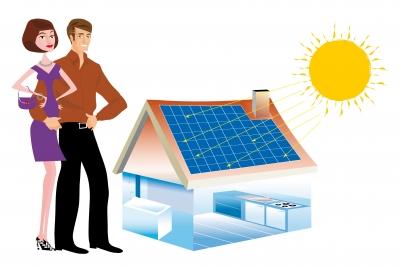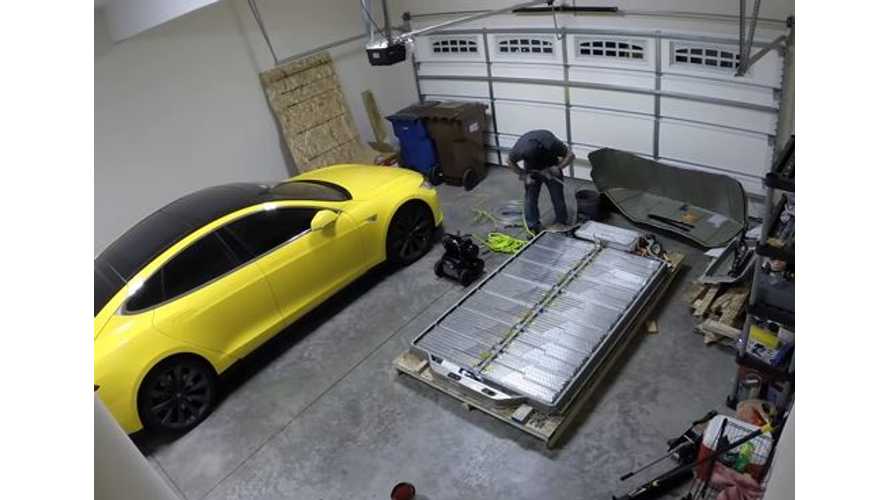
If you have ever wondered what solar panels do for your house, this article is for you. This article will cover all aspects of solar energy, including the photovoltaic cells, inverter, batteries, and cost. This will help you make an informed decision on whether solar energy is right to use in your home. No matter where your home is located, solar energy offers many benefits.
Photovoltaic cells capture sunlight
The cells of a solar panel convert sunlight into electricity and produce solar power. These solar cells are called photovoltaic cells. The panels are made up of several of these cells that are connected to one another electrically. The cells are then assembled into a panel. A solar panel is composed of multiple modules connected together to make larger solar arrays. You can place the panels in different places to generate more electricity.
The cells are made with silicon, which happens to be a common material in solar panels. It is a strong material but not a good conductor. This is why silicon layers are enriched with trace amounts boron or even phosphorus. This creates a crystal structure that is crucial for solar power. Photovoltaic cells can have both a positive and a negative charge.

Transfer energy from inverters
A solar inverter converts DC current into an AC version. It can be used in both homes and businesses. These devices also monitor the performance of the solar power system and provide necessary data for troubleshooting. A local grid-connected solar power plant can use an on-grid converter. Net metering is used to transfer excess energy from these systems back into the grid.
You can either store excess electricity in a battery, or you can send it to an inverter to be used. While you can get solar energy in alternating or direct current, most appliances in your home are powered by it. An important part of the installation process is the transfer of solar panels' energy to an inverter. Inverters are available as either a single unit or individually attached to each panel.
Electricity is stored in battery banks
Solar power banks store electricity from solar panels. Making a solar bank is not unlike making a regular powerbank. Silicone and a photovoltaic cell are used, and the silicon is treated with an electrical field at one end. The photons of the sun move the electrons out of the solar cell creating an electrical charge. The battery can store this electric charge.
Because solar batteries store excess solar energy, homeowners can save money on their utility bills. The stored solar energy can then be used as needed. This is especially helpful in rainy and cloudy climates, or areas where grid supply is intermittent or unreliable. Many people decide to buy battery banks in order to benefit from the cost savings and to use solar power when it isn’t available. Solar battery banks are a good option for homeowners and businesses who want clean energy but don't have the budget.

Cost of a residential solar system
Although the price of a home-solar system is an issue many people are concerned about, it is actually relatively low when compared to other energy options. Some states offer extra incentives for home systems. The state solar tax credit allows you to deduct some of the costs of your system from a state tax bill. Other states offer rebates for the installation of solar panels. You can contact your state's tax agency for more information on these rebates and tax credits.
Comparing the prices offered by different companies for home solar installation can save homeowners up to $5,000 When choosing a solar installer, make sure to ask for an on-site evaluation and a written price quote. Reviews online can help you verify the company's credibility. You should remember that large solar companies tend to overcharge based only on the brand name they use. That's why it's crucial to shop around to find smaller solar companies.